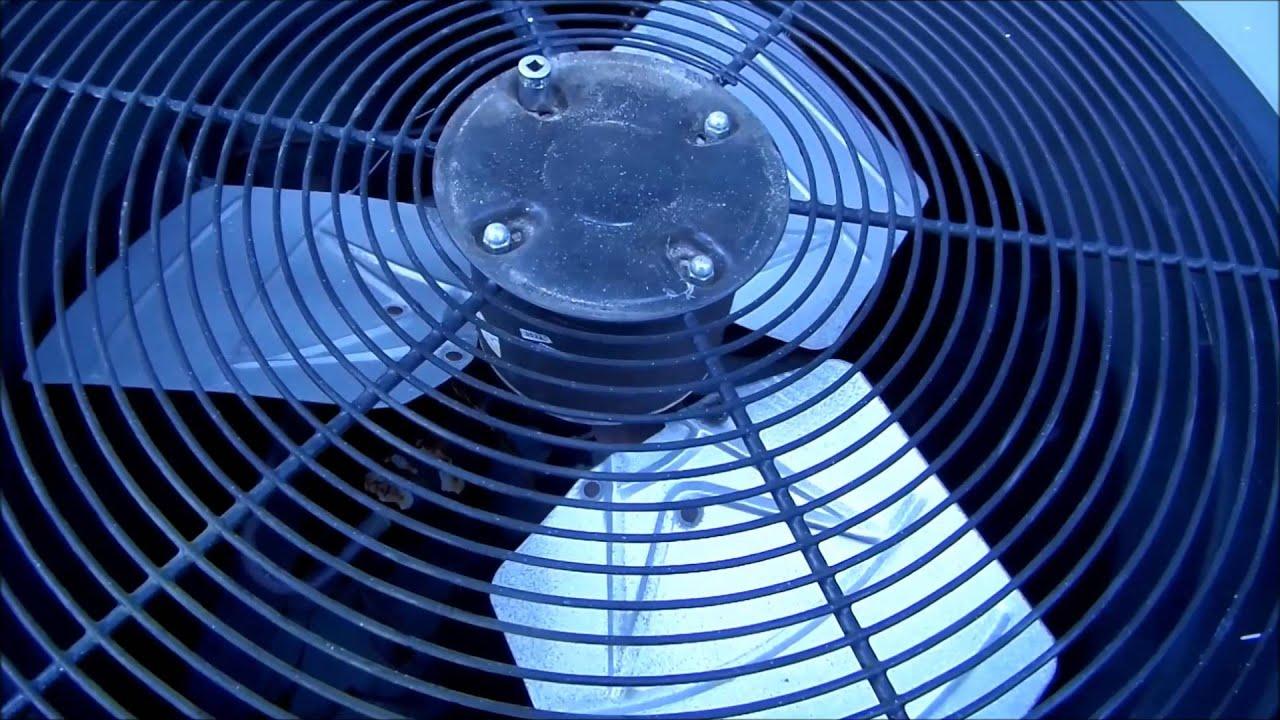Climate Control Chronicles: Mastering Your Heating and Air Conditioning Puzzle
Climate Control Chronicles: Mastering Your Heating and Air Conditioning Puzzle
Blog Article

In today's fast-paced world, maintaining a comfortable indoor environment has become essential for our well-being and productivity. Whether it's the blistering heat of summer or the chill of winter, effective heating and air conditioning systems are crucial in creating sanctuary-like conditions within our homes and workplaces. However, navigating the complexities of these systems can often feel like solving a challenging puzzle, with various components and technologies to understand.
As we delve into the intricacies of heating and air conditioning, it becomes clear that mastering these systems requires not just knowledge but also a proactive approach to maintenance and efficiency. From choosing the right equipment to optimizing its performance, each decision can impact not only our comfort but also energy consumption and costs. Join us on this journey to unlock the secrets of climate control, ensuring that you can enjoy a perfect indoor climate year-round.
Understanding HVAC Systems
Heating and air conditioning systems, commonly referred to as HVAC, play a crucial role in maintaining indoor climate comfort throughout the year. These systems are designed to regulate temperature, humidity, and air quality in residential and commercial spaces. The main components typically include the heating unit, the air conditioning unit, ventilation systems, and sometimes air filtration systems that help ensure the air we breathe indoors is clean and healthy.
The heating portion of an HVAC system can utilize various energy sources, including gas, electricity, or oil, to generate warmth. Furnaces, boilers, and heat pumps are common types of heating units. In warmer months, the air conditioning unit takes over, using refrigerant to absorb heat from the indoor air and release it outside. Understanding how these components work together helps homeowners make informed decisions regarding their heating and cooling needs.
Regular maintenance of HVAC systems is vital for optimal performance and energy efficiency. Scheduling routine inspections, cleaning or replacing filters, and addressing any repairs promptly can extend the lifespan of these systems. By mastering the intricacies of heating and air conditioning, individuals can create a more comfortable living environment while saving on energy costs.
Energy Efficiency Tips
To enhance the energy efficiency of your heating and air conditioning systems, regular maintenance is key. Schedule annual check-ups for your HVAC system to ensure that it is running smoothly. Clean or replace air filters every one to three months to maintain optimal airflow and performance. This simple task not only improves efficiency but also extends the lifespan of your equipment, ultimately saving you money on repairs and replacements.
Another effective strategy is to invest in a programmable thermostat. This allows you to set specific temperatures for different times of the day, reducing energy consumption when you're not at home or during sleeping hours. By optimizing your heating and cooling schedules, you can maintain comfort while lowering your energy bills. Additionally, many modern thermostats offer smart features that adapt to your habits, further enhancing efficiency.
High-Quality HVAC Solutions for Homes
Finally, consider improving your home's insulation and sealing any gaps or leaks around windows and doors. Proper insulation helps keep conditioned air inside, reducing the workload on your heating and air conditioning systems. Utilizing window treatments, such as reflective curtains in the summer and insulated shades in the winter, can also significantly impact your energy use. Taking these steps can create a more energy-efficient home, benefiting both the environment and your wallet.
Troubleshooting Common Issues
When it comes to heating and air conditioning systems, encountering issues is not uncommon. One of the most frequent problems homeowners face is inconsistent temperatures. If certain rooms feel cold while others are warm, it may be due to blocked vents or improper insulation. Ensuring that vents are unobstructed and checking the insulation in your home can help maintain a more uniform temperature throughout.
Another common issue is strange noises coming from your HVAC system. Sounds such as rattling, grinding, or squealing can indicate loose parts or failing components. It's crucial to pay attention to these noises, as they can signify underlying problems that may worsen if left unaddressed. If you can't identify the issue, consulting a professional technician for a thorough inspection is always a wise choice.
Lastly, one should be mindful of unusual smells emanating from the system. A burning smell could indicate dust accumulating on the heating elements, while a musty odor might suggest mold or mildew within the ductwork. Regular maintenance and cleaning can prevent these issues from developing. If the odors persist, it is essential to call in an expert to diagnose and rectify the situation to ensure safe and efficient operation of your heating and air conditioning.
Report this page